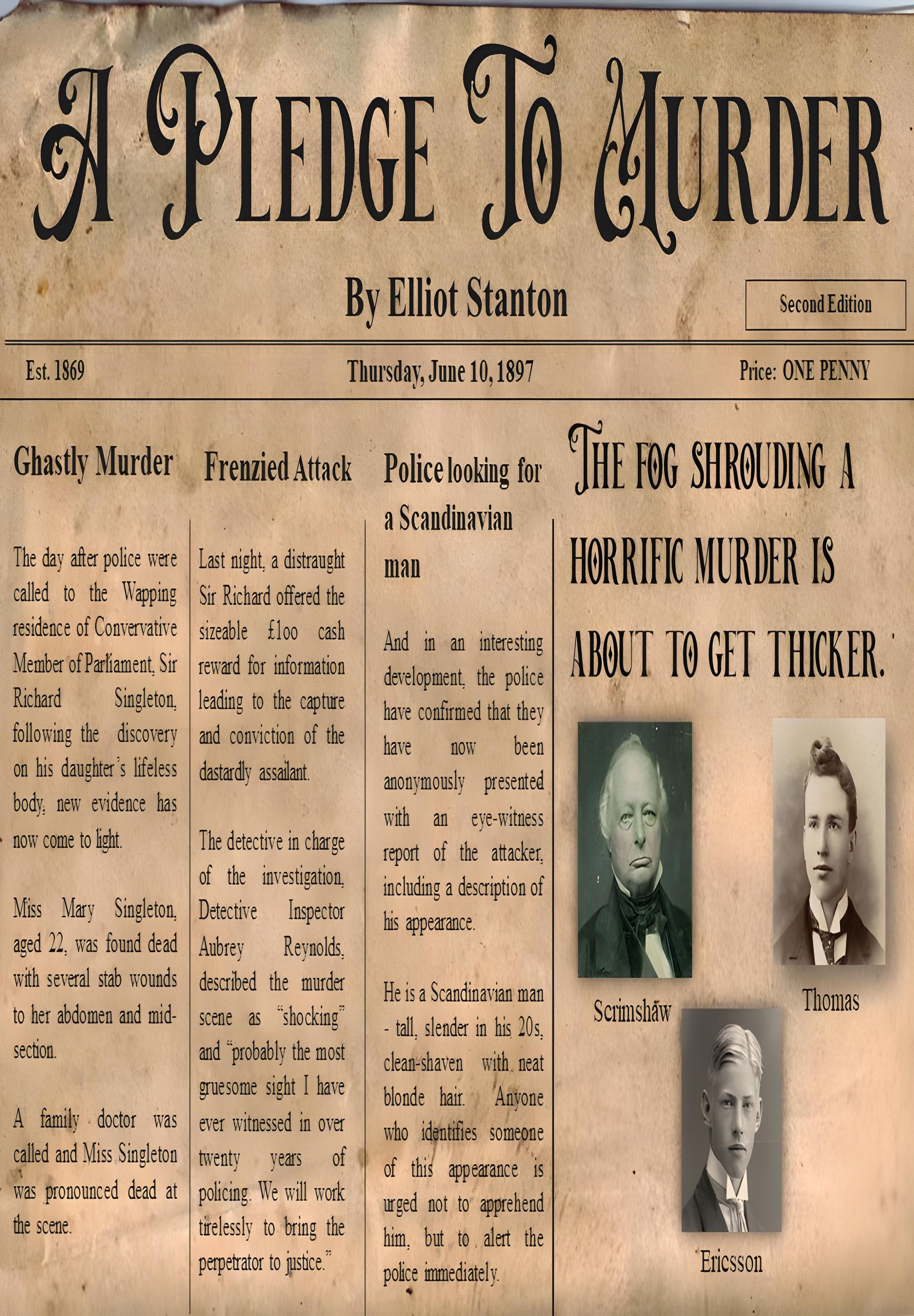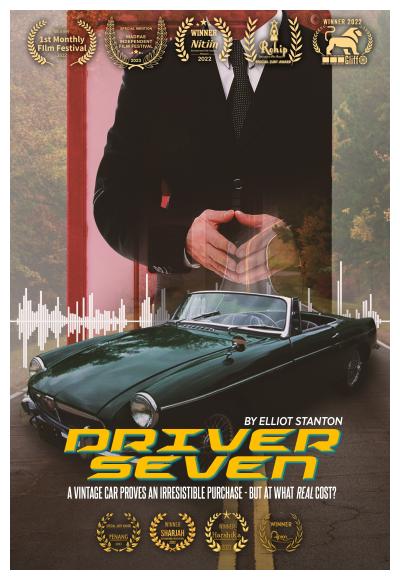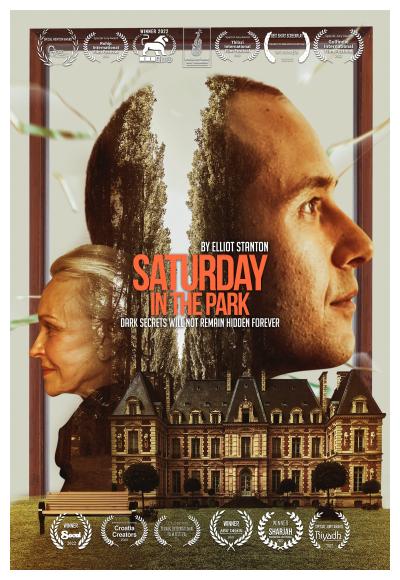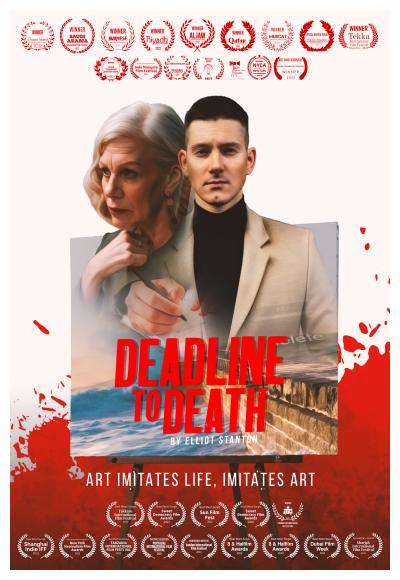The year is 1897, and London could be about to be terrorised by Jack the Ripper once again. A gruesome murder of Mary Singleton, a Member of Parliament's daughter, has the newspapers stirring up a frenzy of macabre concern and fear.
Edward Scrimshaw, the proprietor of London pawnbrokers, and his young assistant and amateur actor, Thomas, run the business. One morning, an excitable Thomas turns up for work with a newspaper describing the terrible murder, which has taken place in close proximity to the shop. He is excited by the report of a £100 reward being offered for the arrest and conviction of the murderer. Scrimshaw agrees to a 75/25 split in his favour. A greedy Thomas isn't happy but has to accept.
The next day's newspaper reports that the police already have an eye-witness report of the crime and a drawing of the suspect. Scrimshaw and Thomas recognise the image as a customer of theirs - a Swedish street musician named Magnus Ericsson. Scrimshaw looks through his pledge ledger and discovers that Ericsson had recently pawned a boxed set of six steak knives. On inspection of the box, he is shocked to find only five in the box. With this information and the positive identification of the attacker, Scrimshaw takes off the pledge ticket and takes it to the police station.
It's an open-and-shut case, especially after the police find the murder weapon in Ericsson's backyard. Because the police are fearful of the newspapers and public building up hysteria akin to the Ripper murders less than a decade earlier, they are keen to nip the case in the bud and bring Ericsson to justice at the earliest possible moment.
One morning, a month later and after a guilty verdict in court, Scrimshaw and Thomas stare at the wall clock as it turns nine o'clock – the hour that Ericsson had been sentenced to death by hanging. It is then that Scrimshaw finds the pledge ticket in his pocket. On close inspection, it states that there were indeed six knives in the box. That proves that Ericsson wasn't the murderer – a fact that Thomas glories in confirming and then explains that it was, in fact, he who committed the heinous crime – a crime of passion. The female had humiliated him, and only her demise would satisfy him.
Scrimshaw tells him he will inform the police, but the threats of a killer who could strike again and the suggestion that Scrimshaw himself could be complicit in the murder prove enough to change his mind. In addition, Thomas suggests/insists that he become an equal partner in the business to satisfy his increasing greed. A crestfallen proprietor has no choice but to accept his new partner's life-changing demands.







